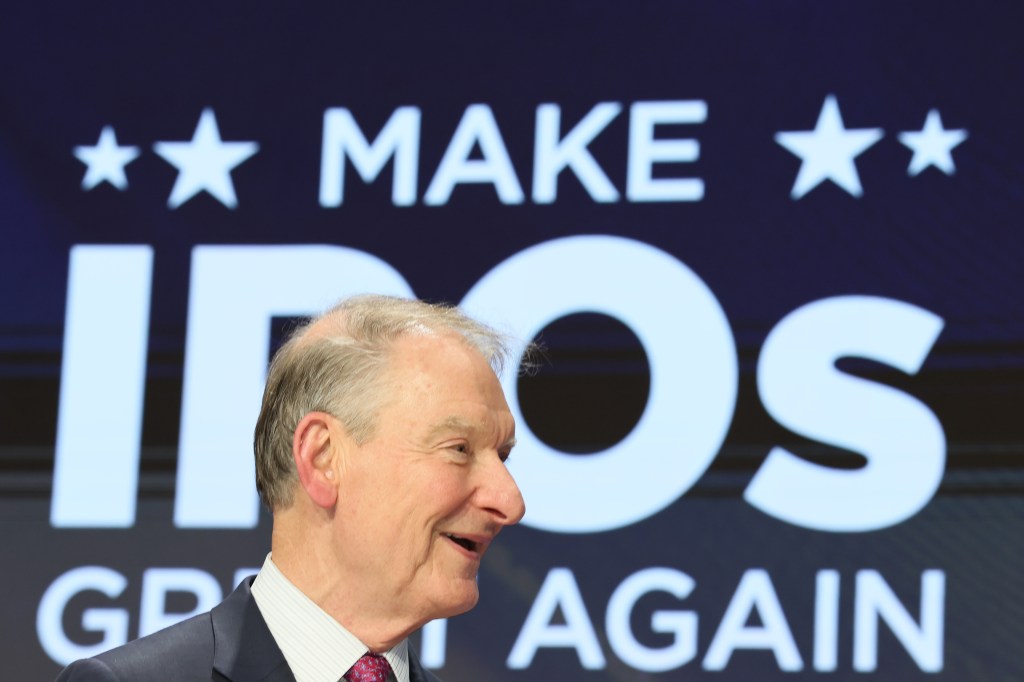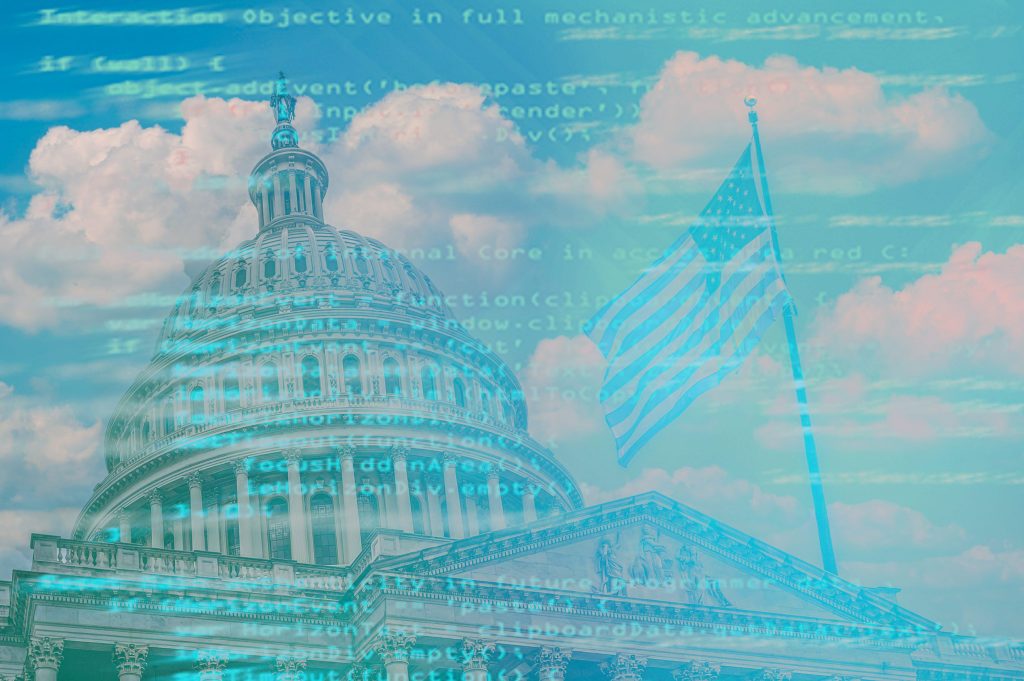In a rare move with potentially wide-reaching implications for corporate compliance in national security matters, the US Department of Justice (DOJ) has formally declined to prosecute the Universities Space Research Association (USRA), a nonprofit aerospace contractor, despite its entanglement in a criminal export control violation.
The case centers around a
Register for free to keep reading
To continue reading this article and unlock full access to GRIP, register now. You’ll enjoy free access to all content until our subscription service launches in early 2026.
- Unlimited access to industry insights
- Stay on top of key rules and regulatory changes with our Rules Navigator
- Ad-free experience with no distractions
- Regular podcasts from trusted external experts
- Fresh compliance and regulatory content every day












